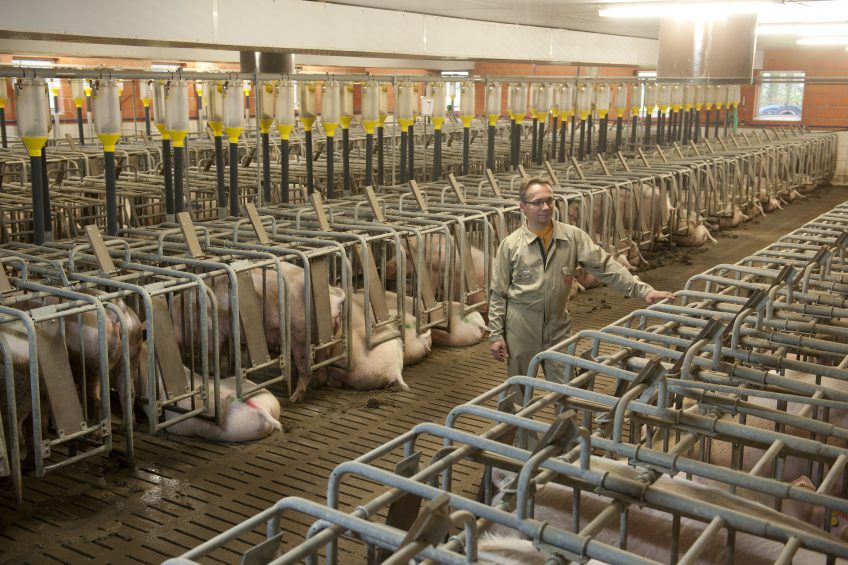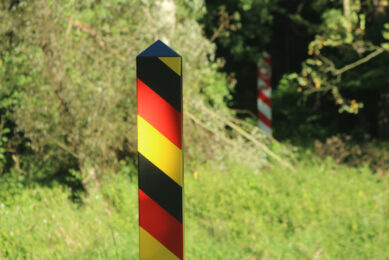Germany steers towards further reduction of sow stalls

The use of sow stalls is likely to be limited further in Germany. The federal government is currently preparing legislation to achieve this – and in the swine-dense state Lower Saxony, rules may even get tighter.
Sow stalls are currently being discussed widely in Germany. The national government is aiming to allow individual housing only during the first 8 days of lactation, as well as the first 8 days after weaning. Currently, that is still 35 days.
In addition, the minimal sow stall length will have to be 2.20 m. The width of the sow stalls will have to be between 60 and 85 cm, depending on the shoulder width of the sows.
Christian Schmidt, Germany’s federal minister of food and agriculture, is aiming for a transition period of 15 years, which would apply both to existing farms as well as new ones.
Even stricter rules in Lower Saxony
In the German state Lower Saxony, however, known for its high density of swine, legislation is being prepared that even goes further. If passed, these bills would allow sow stalls only to be used in the 1st week after parturition and the first 5 days after weaning. If it were only down to Lower Saxony politicians, these rules would have to be effective with immediate effect in new pig houses or those that will be renovated.
For existing pig houses, a maximum timeframe of 10 years would have to apply. Should a sow breeder apply for a permit for the renovation, this term can be prolonged with 2 years – or in individual cases with 3 years. That, in total, would create an end date for sow stalls by 2031.
Subsidies for Lower Saxony swine farmers
For the construction and renovation of new pig barns with relatively few sow stalls, the federal government would have to make provisions for subsidies, according to the Lower Saxony plans.

Country focus – Germany’s pig industry: Stable on a high level
Christian Meyer, Lower Saxony’s agricultural minister and member of the Green Party, said he was convinced that the transition period will make sure that sow breeding will continue to be alive and kicking in het state and will not largely disappear from Germany.
Animal husbandry rules
The reason for Lower Saxony’s decision is a court ruling that sow stall regulations would not be in sync with animal husbandry rules.
The Lower Saxony farmers’ organisation is afraid the number of sow farms will come down should the state’s new laws be accepted. Chances for a nationwide application, however, appear to be diminishing as in polls, the national Green Party is losing ground.











